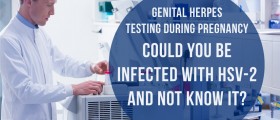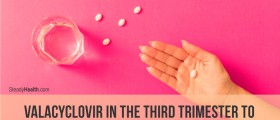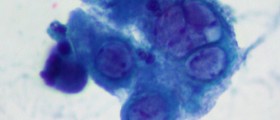
Herpes simplex is a virus which can be spread from one person to another through various types of contact, direct and indirect. Usually, in order for herpes to get transferred, one's wounds or mucous membranes must get in contact with the infected area.
The Herpes Simplex Virus
There are two types of this virus. The first one affects the genital area of people and is, therefore, transferred sexually. The other type affects the oral area. Nevertheless, the majority of oral herpes occurrences take place due to herpes simplex virus 1. Yet, herpes simplex virus 2 is the main cause of genital herpes.
Once a person gets infected with herpes, the virus can remain present in his/her nerve roots forever. Since the virus is always in the bodies of some of us, certain individuals need to be careful not to activate it, by learning more about triggers of herpes and risks of contracting this viral disease.
The Ways of Herpes Simplex 1
This type of herpes is commonly known as fever blisters or cold sores, affecting the mouth area or its surroundings. Amazingly about 50 to 80% of Americans have herpes simplex 1 in their bodies.
You can get herpes simplex 1 by kissing with infected patients. This is the most common way of contracting this virus. Also, the existing infection can be transferred if you touch your cold sores or blister areas and touching your other body areas afterwards.
Interestingly, many adults contract this infection during their childhood, by kissing or getting in contact with older members of their family.
The Ways of Herpes Simplex 2
This type of herpes is usually transmitted through oral or anal sex with infected people, making it a sexually transmitted disease. Itching, tingling and outbreaks of painful and irritating bumps all over the genital area are all signs of herpes simplex 2.
Basically, wearing protection during sexual intercourse will keep you safe from this type of herpes. Unprotected sex will not. Also, even though this takes place in less than 5% of cases, oral sex with a person infected by herpes can lead to genital herpes.
Moreover, pregnant mothers with herpes often transfer this virus onto their newborns.
All in all, do not kiss with people with cold sores, stay protected during sexual intercourse and seek medical assistance once you notice herpes outbreaks, regardless if it is type 1 or 2. Antiviral medications will keep you safe from the symptoms and will keep others safe from the infection you are carrying.

















Your thoughts on this
Loading...